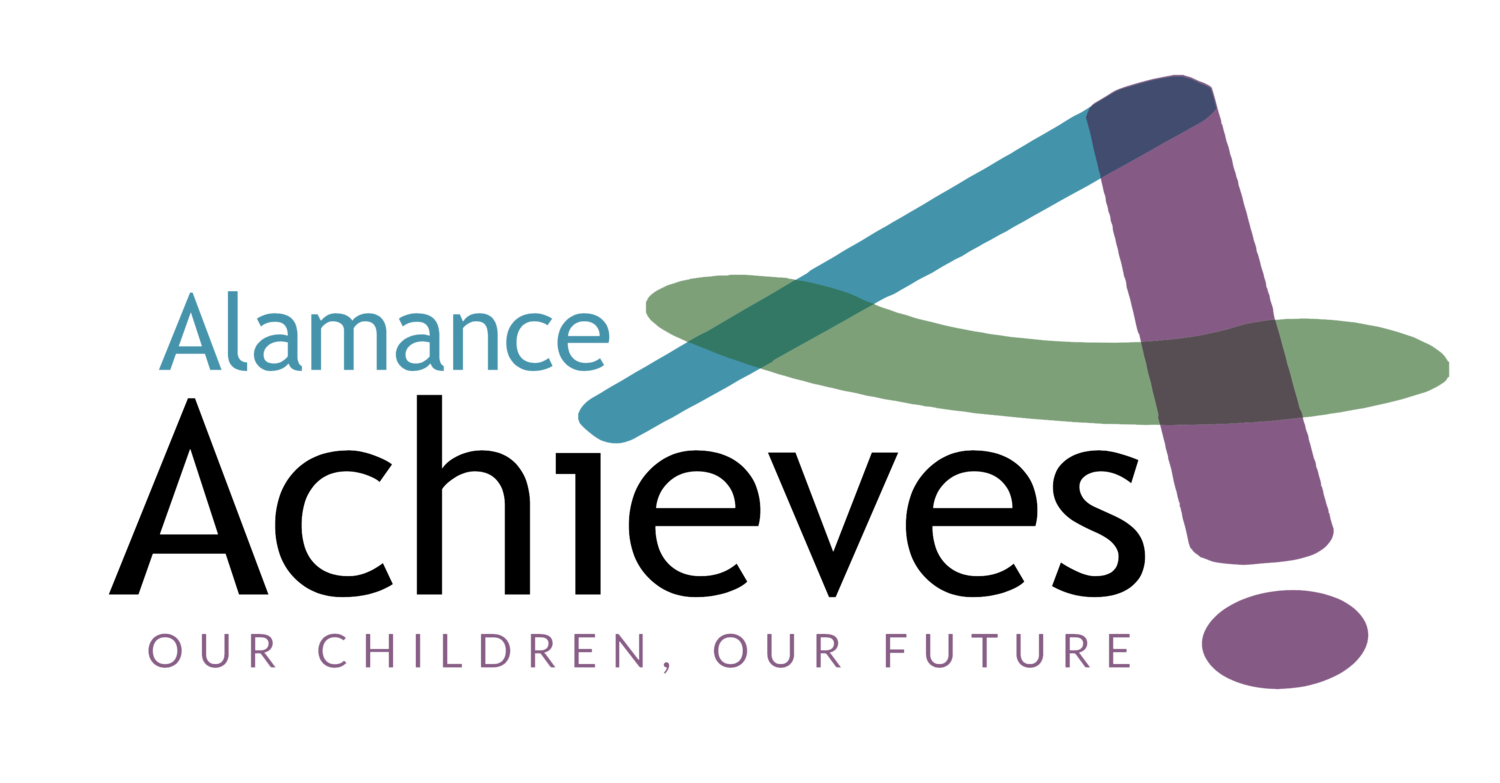Big ideas can change the world. But first those big ideas have to be understood. Alamance Achieves believes in big ideas—like systems change. But to make those ideas a reality, it can be helpful to break down what exactly they mean.
A noun and a verb
Systems change is an action that we take. And it’s also the result of that action. It’s the process and the outcome. Solving a simple problem—like changing a lightbulb—doesn’t require a lot of effort or collaboration. You simply get a new bulb, take out the old one and screw in the new one. But what about something bigger, like rewiring a house? For that kind of big project you may need to call in an electrician, notify the power company and much more.
The great news is we already have everything we need in our community to address and fix these bigger issues—we just have to harness our resources and take action.
In essence, systems change strives to handle the root cause of a social issue, like education, by intentionally working to change the structures that have made the system behave in a certain way. Alamance Achieves believes that data is a valuable tool in this process. It not only helps by providing concrete numbers to illustrate an issue, but it also allows us to show the world how our efforts are working to make things better. Another way to promote the results we’ve achieved is through the use of personal stories and community narratives to create a community voice project. This gives members of the community a role and ownership in the work.
The principals of systems change
To bring about systems change requires planning and doing. Each can be broken down into three principles:
Planning
Understanding the needs and what assets are available
Engaging multiple partners who are interested in achieving the same results
Mapping the existing systems to clearly see where the issues lie
Doing
Performing the necessary tasks to handle the issues together
Distributing leadership so everyone has a stake in the outcome
Fostering a culture of openness, learning and responsiveness
The key is collaboration and clear communication. Systems change only happens when we build relationships with the people who are affected and work together to address the problems that are keeping us from reaching our ultimate goal.





